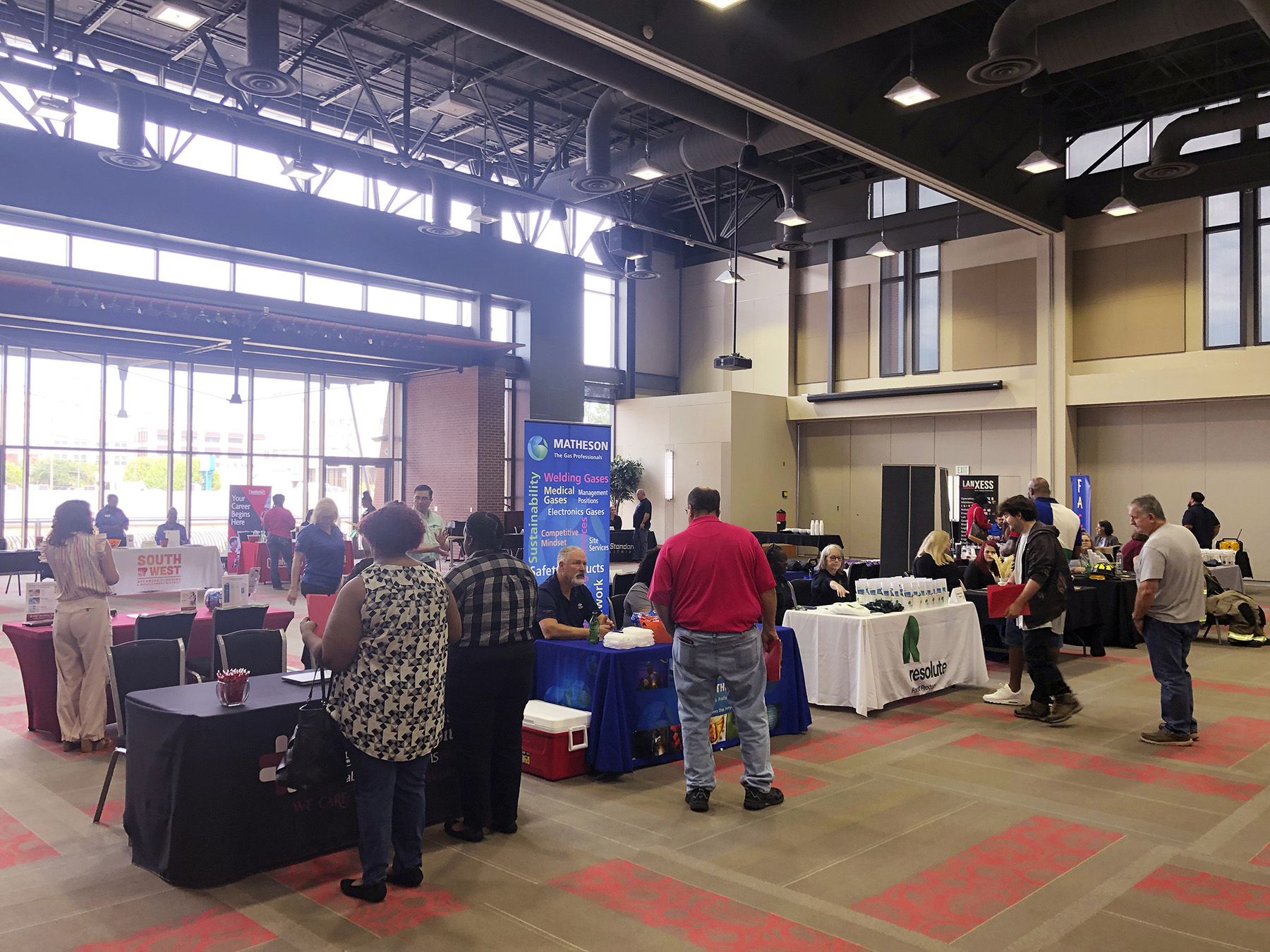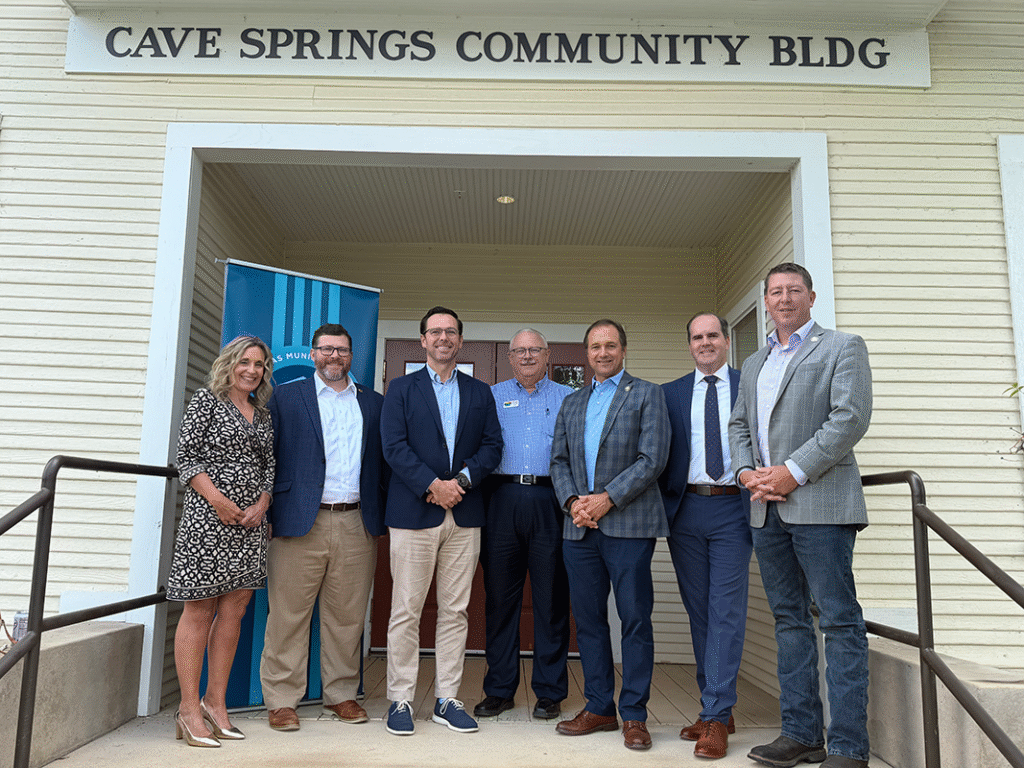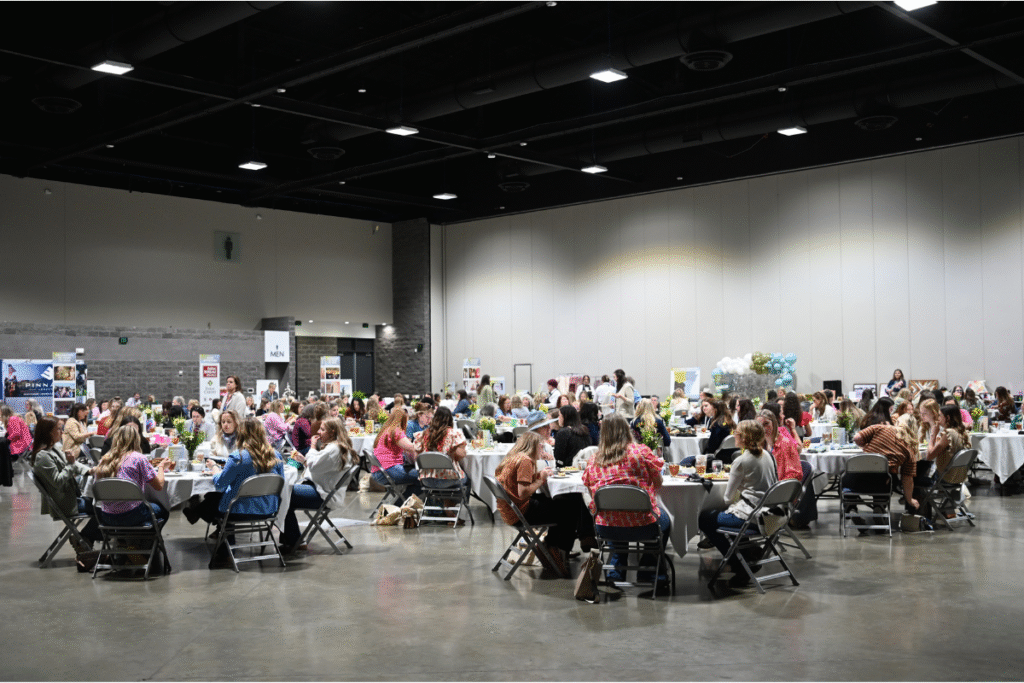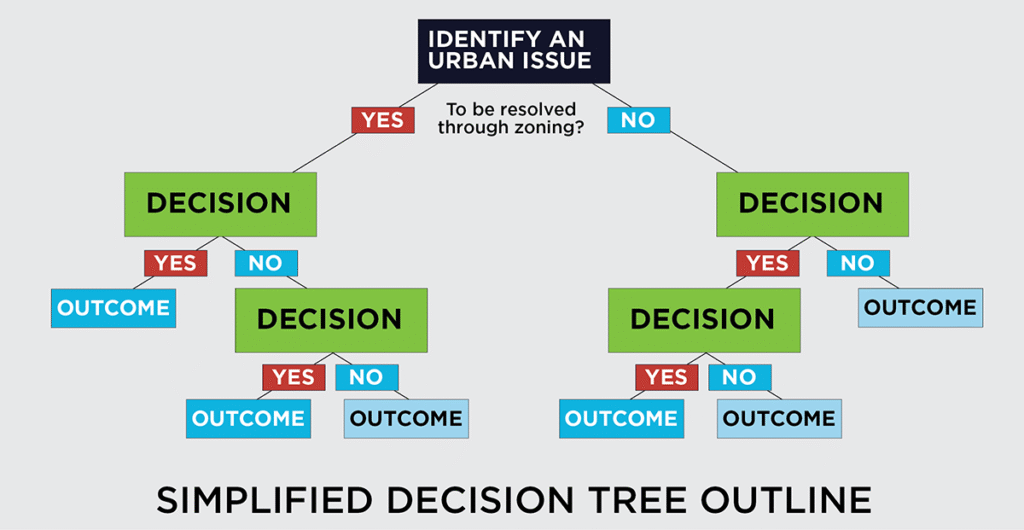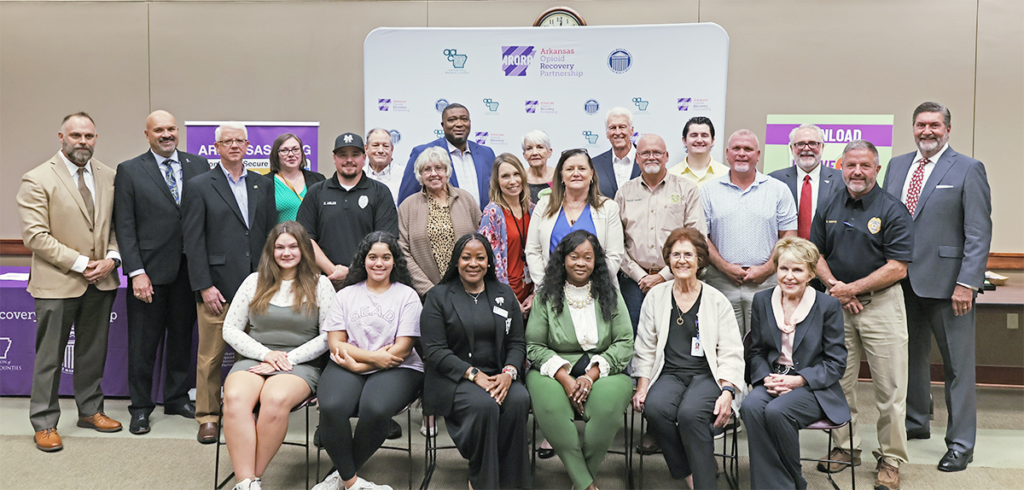In the United States, there are approximately 70-100 million individuals with a criminal record. Studies show that one in three Americans have some form of criminal record or have been arrested by the time they turn 23. As of July 2022, 17,109 people were imprisoned in Arkansas, and that number is expected to increase to 19,160 by 2031.
While the ultimate goal of our corrections system is to rehabilitate incarcerated individuals so that they become productive citizens upon reentry, recidivism—the tendency of a convicted criminal to re-offend—remains a challenge in Arkansas. According to the Arkansas Department of Corrections publication “Recidivism in Arkansas: A Roadmap to Reform,” the recidivism rate in Arkansas as of 2022 was 50.6%.
Criminal records, often for non-violent offenses, create a multitude of challenges that reverberate throughout the lives of non-violent felons, their communities and the broader economy. Even after completing their sentences, non-violent offenders face the daunting challenge of securing employment while contending with the stigma of their past actions.
Statewide organizations like the Winthrop Rockefeller Institute, DecARcerate, Arkansas Justice Reform Coalition, the Arkansas Department of Corrections and others are advocating and working to create innovative solutions to these problems, and local communities and organizations are also identifying ways they can generate positive change.
Following the county’s first-ever communitywide job fair in October 2023, the El Dorado-Union County Chamber of Commerce identified the need to intentionally focus on combating recidivism by connecting offenders with job opportunities. The job fair, hosted at the El Dorado Conference Center, engaged 238 local residents and 37 employers looking to fill 200 open positions. Employers included organizations like Standard Lithium, LANXESS, Clean Harbors El Dorado, Code 3 Services, the El Dorado Fire Department, financial institutions and many others. Next fall, the chamber hopes that these numbers and participating businesses will increase and that they will be able to provide connections and resources for formerly incarcerated residents.
“This was our first job fair, and it went really well,” said Karen Hicks, vice president of membership and events with the El Dorado-Union County Chamber of Commerce. “While we did not target any particular group at this job fair, we understand that connecting non-violent felons to local employers is a need. As we begin to plan the 2024 job fair, we have plans to reach out to local reentry organizations directly. In addition, we hope to include a small icon for employers that are open to employing felons. We envision this as a way to help felons see where they can apply without obstacles.”
The chamber envisions that the job fair will function as a one-stop shop to fulfill local workforce needs. With a boom in economic development activity expected from lithium production, the need for a qualified and willing workforce in south Arkansas will drastically increase. The chamber plans to work with the El Dorado Sheriff’s Department and organizations like Wings to Recover to connect formerly incarcerated individuals with job opportunities and resources. The chamber will also continue to work closely with the South Arkansas Community College Career Accelerator program and the Arkansas Department of Workforce Services to ensure that everyone who attends the job fair leaves with information, access to resources and employment opportunities.
By intentionally including non-violent felons in next year’s job fair, El Dorado will display a commitment to inclusivity, economic development and rehabilitation. The inclusion of these individuals in the local labor force enhances the town’s economic potential. A larger, more diverse workforce can stimulate growth and attract new businesses.
To learn more about El Dorado, community events and the chamber of commerce, please visit www.goeldorado.com.
Abayi Ibro Ayouba is the assistant director and Shelby Fiegel is the director for the University of Central Arkansas Center for Community and Economic Development (CCED). Learn more about CCED at www.uca.edu/cced.

